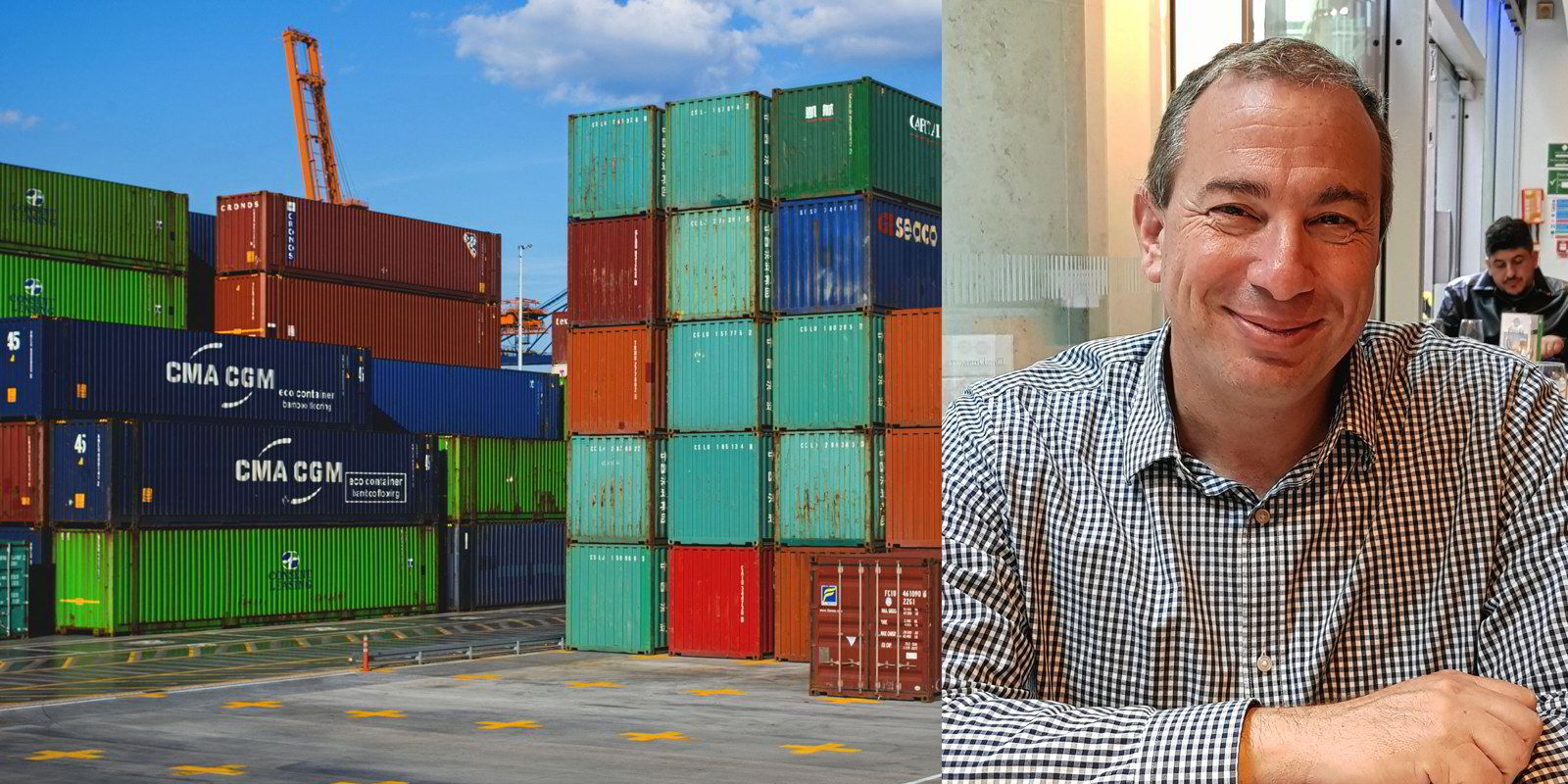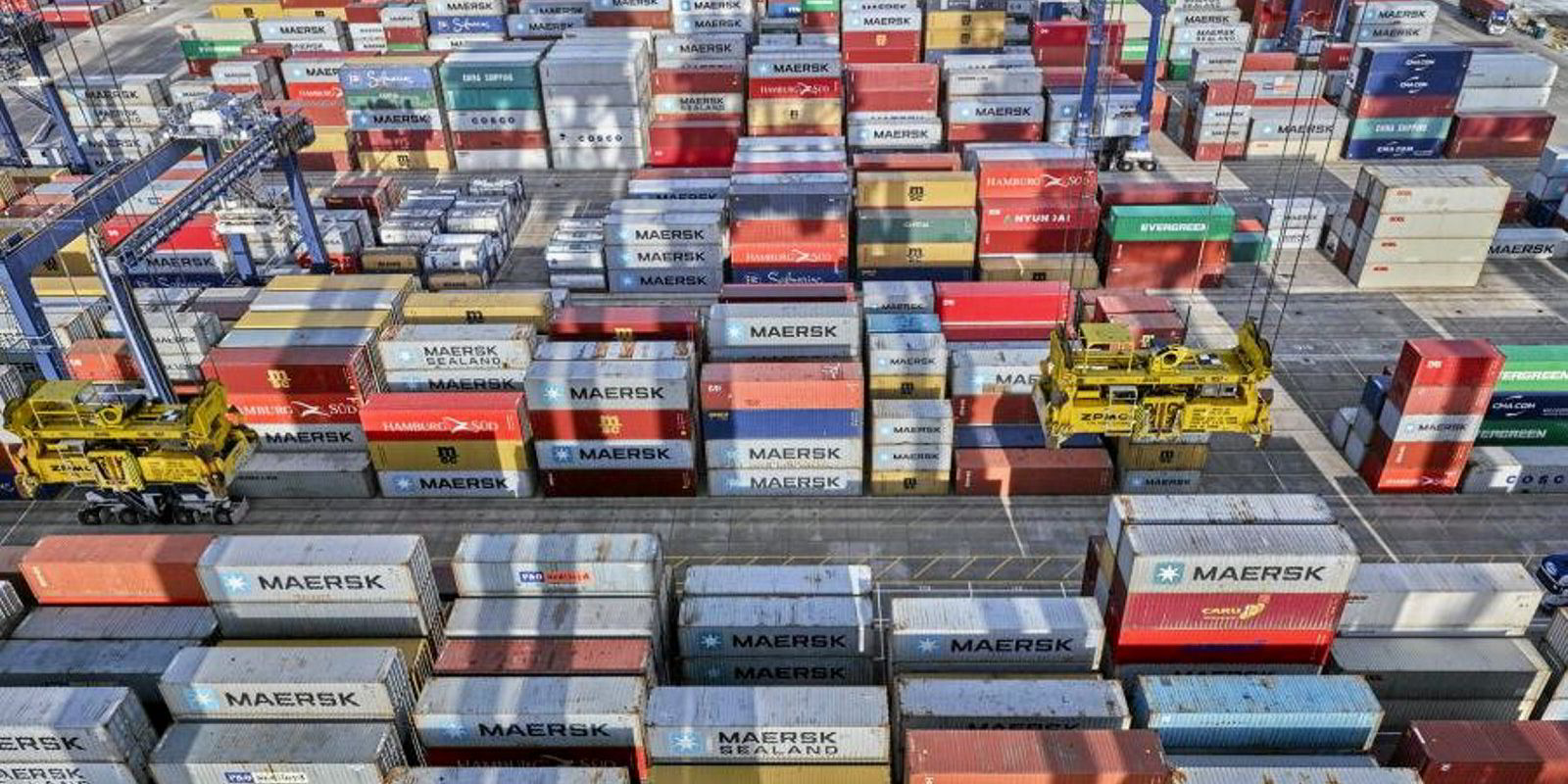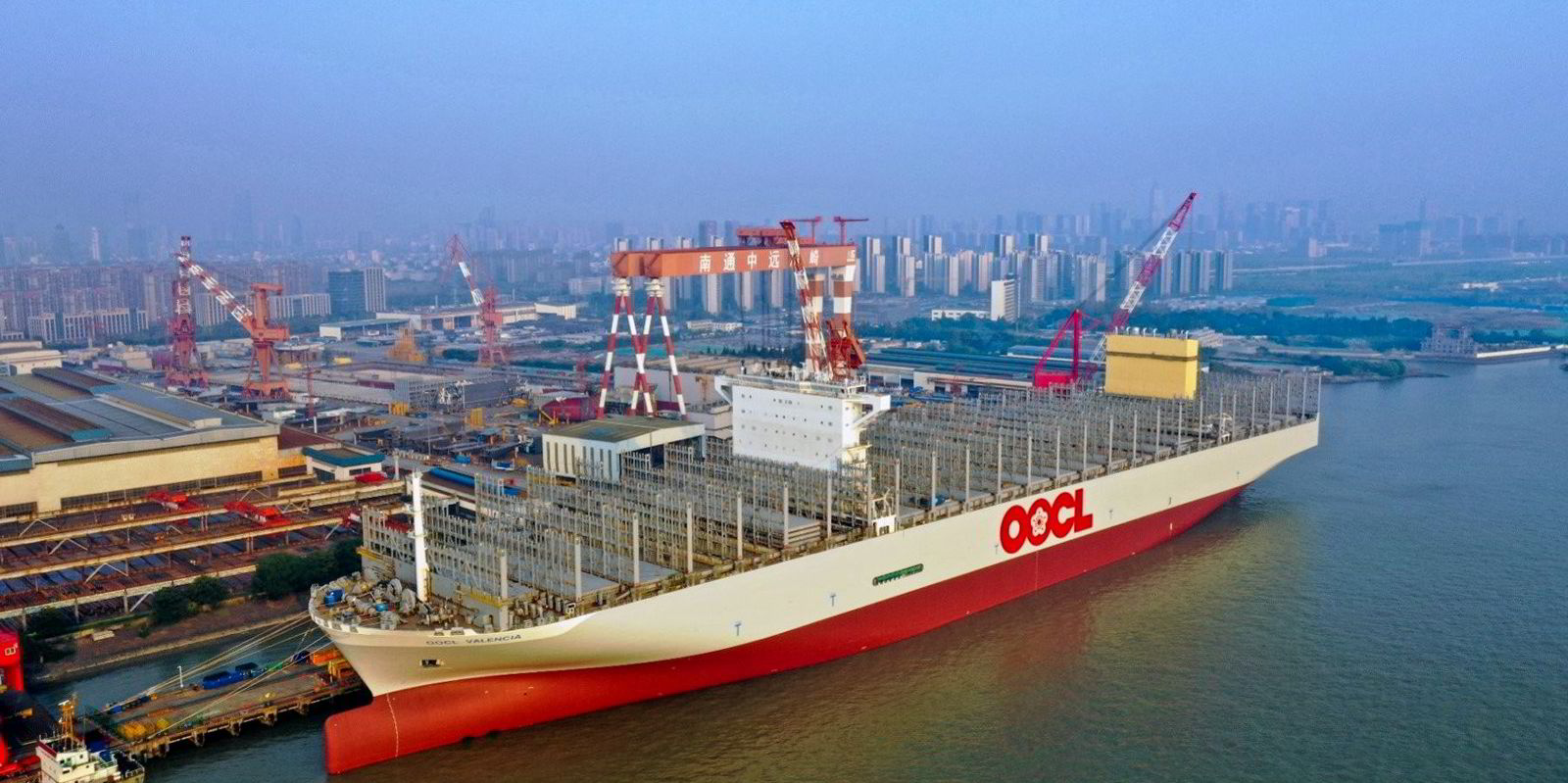Digital freight tech firm Freightos logged a record number of transactions in the first quarter but remains in the red.
The Jerusalem-based, US-listed company reported a loss of $3.6m in the first three months of the year, down from $5.8m in the same period a year ago.
That was despite an increase in revenue to $5.4m in the quarter, up 11% from $4.8m a year earlier.
Gross booking value was $192.4m in the first quarter, up 14% compared with the first quarter of 2023, and significantly above management’s expectations.
The outperformance stemmed mostly from a recovery in freight rates during the first quarter, mainly as a result of the Red Sea crisis and the subsequent modal shift to air cargo.
Chief executive Zvi Schreiber said the result “highlights the robustness and growing acceptance of our platform”.
He cited “the strides we are making in digitalising international freight, bringing efficiency and transparency to this crucial sector”.
Transactions rise
Transactions during the quarter hit 295,600 and significantly outpaced market growth, Freightos said.
Moreover, the number of transactions in the second quarter of the year is expected to increase to about 303,000 to 309,000, or up about 28% year on year.
For the full year, transactions are forecast to number between 1.28m and 1.37m, up between 26% and 34% from last year.
Freightos chief financial officer Ran Shalev said the first-quarter results “exceeded our expectations in every metric: the number of transactions, gross booking value, revenue and profitability”.
“We remain on track to achieve our 2024 guidance, as well as our long-term goals for growth, profitability and cash generation.”
The improvements in the quarterly numbers were not enough to prevent the Israeli company from logging an operating loss of $5.5m.
But several initiatives were taken to increase not only the number but also the value of the transactions, including investing in Asia and an emphasis on high-value shipments such as pharmaceuticals, Schreiber said.
“Looking ahead, we remain focused on the opportunities in the massive air and ocean freight markets, driving continued growth and innovation in the quarters to come,” he said.
The number of carriers selling on the platform increased to 49 for the first quarter of the year.





